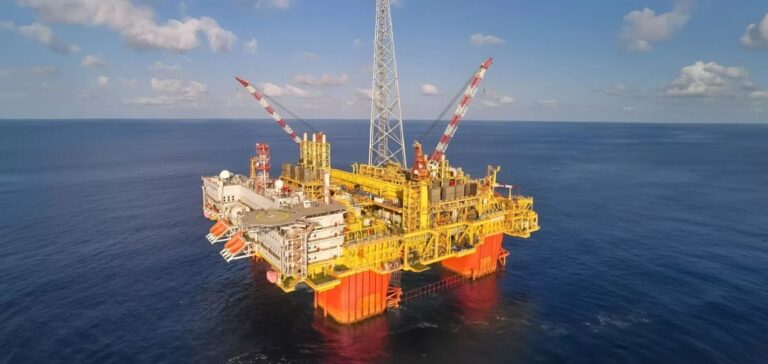A study conducted by InfluenceMap, a UK-based think tank, revealed that state-controlled companies account for a significant portion of global CO2 emissions. These companies, primarily operating in the oil, gas, coal, and cement sectors, were responsible for 52% of global CO2 emissions in 2023. The analysis is based on data from the group’s “Carbon Majors” database, which compiles emissions from the world’s largest fossil fuel and cement producers.
In 2023, state-owned companies emitted 22.5 gigatonnes of CO2 equivalent (Gt CO2e), representing more than half of the global emissions from coal, oil, gas, and cement sectors. In contrast, private companies accounted for only 23% of emissions, according to the study. This discrepancy is primarily driven by the presence of large state-owned corporations like Saudi Aramco, Coal India, and the National Iranian Oil Co., which rank among the world’s largest sources of emissions.
Large public companies dominate the list of emitters
The top twenty highest-emitting companies produced 17.5 Gt CO2e in 2023, accounting for 40.8% of the total global emissions from fossil fuels and cement. Sixteen of these twenty companies are publicly owned. The study also highlights China’s dominant role, with eight Chinese companies representing 17.3% of global emissions. These companies are predominantly involved in coal production, an area where China maintains a central position.
Coal remains the largest source of emissions
Among the sources of emissions, coal remains by far the largest, representing 41.1% of global emissions, although this share increased by only 1.9% compared to the previous year. The cement sector saw the highest relative increase in emissions, with a rise of 6.5%, mainly due to the expansion of production. In contrast, emissions related to natural gas decreased by 3.7%, while those from oil remained broadly stable, with a marginal increase of 0.3%.






















